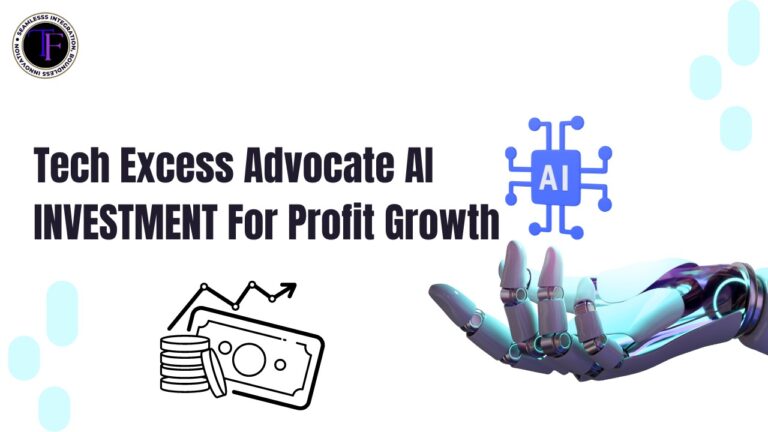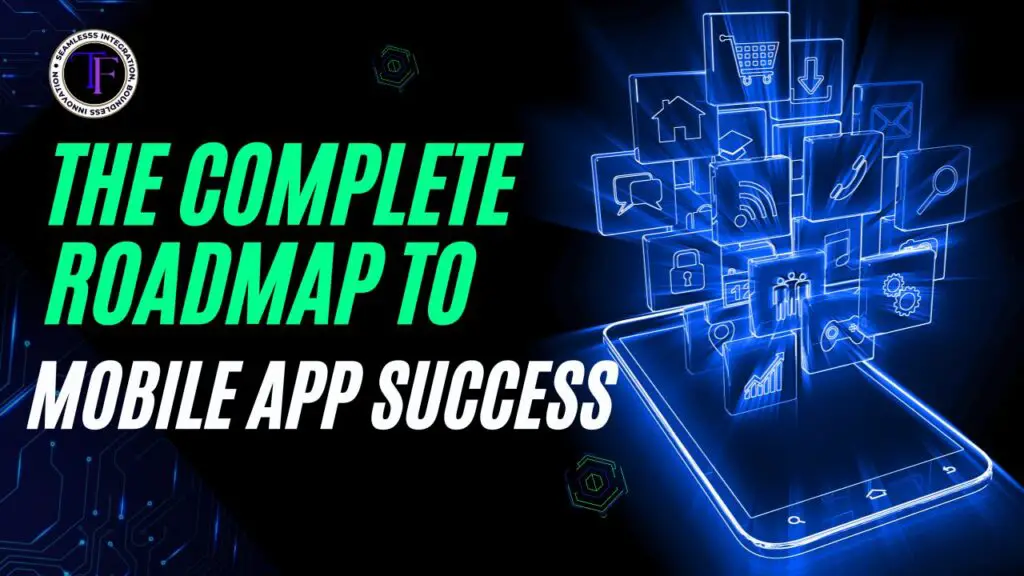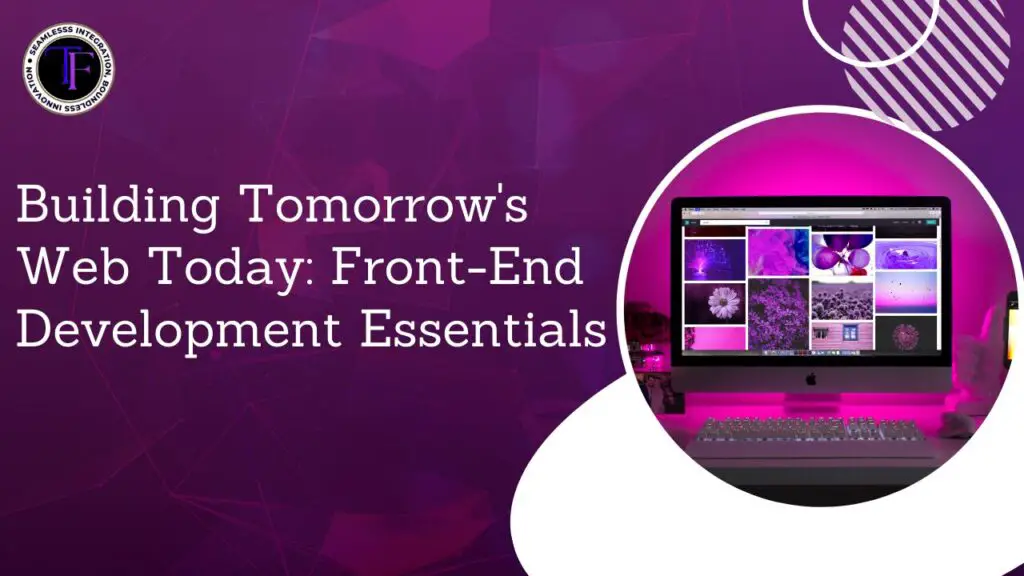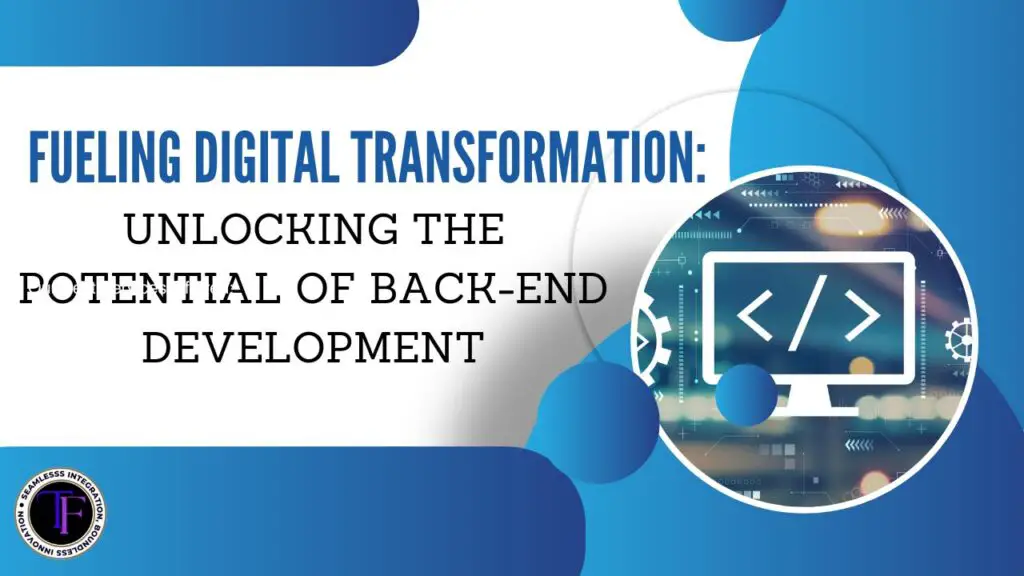It used to be a large week for tech earnings, with Microsoft, Meta, Alphabet, Amazon, and Apple all reported over the previous few days. Artificial Genius (AI) was on everyone’s lips.
One theme traders heard repeatedly from top execs is that, when it comes to AI, they have to spend money to make money.
“We go from talking about AI to making use of AI at scale,” Microsoft CEO Satya Nadella stated on his company’s profits name on Tuesday. “By infusing AI throughout each layer of our tech stack, we are triumphing new customers and assisting pressure new advantages and productivity gains.”
Last year marked the start of the generative AI boom, as organizations raced to embed an increasing number of state-of-the-art chatbots and assistants throughout key products. Nvidia was once the largest moneymaker. Its graphics processing units, or GPUs, are at the heart of the large language fashions created through OpenAI, Alphabet, Meta and a developing crop of heavily funded startups all fighting for a slice of the generative AI pie.
As 2024 gets rolling and executives define their plans for ongoing funding in AI, they’re spelling out their techniques to investors. One key precedence area, based on the latest profit calls, is AI models-as-a-service, or massive AI models that purchasers can use and personalize according to their needs. Another is investing in AI “agents,” a term regularly used to describe tools ranging from chatbots to coding assistants and other productiveness tools.
Overall, executives drove domestic the idea that AI is no longer simply a toy or a thought for the research labs. It’s here for real.
Cutting expenses to make room for AI:
At the largest companies, two big areas for funding are AI initiatives and the cloud infrastructure needed to help large workloads. To get there, fee cuts will proceed going on in different areas, a message that will end up acquainted in current quarters.
Meta CEO Mark Zuckerberg on Thursday emphasized the company’s endured AI efforts alongside broader cost cuts.
“2023 was once our ‘year of efficiency’ which focused on making Meta an improved science employer and improving our enterprise to give us the stability to deliver our formidable long-term imaginative and prescient for AI and the metaverse,” Zuckerberg said on the income call.
Nadella informed buyers that Microsoft is dedicated to scaling AI investment and cloud efforts, even if it is capable of searching intently at prices in other departments, with “disciplined fee management throughout each team.”
Microsoft CFO Amy Hood underlined the “consistency of repivoting our workforce toward the AI-first work we’re doing besides adding a cloth range of human beings to the workforce,” and said the organization will proceed to prioritize investing in AI as “the factor that’s going to form the subsequent decade.”
The theme used to be comparable at Alphabet, the place Sundar Pichai spoke of his company’s “focus and discipline” as it prioritizes scaling up AI for Search, YouTube, Google Cloud, and beyond. He stated investing in infrastructure such as information facilities is “key to realizing our big AI ambitions,” including that the organization had cut nonpriority initiatives and invested in automating sure processes.
“We continue to invest responsibly in our statistics facilities and compute to assist this new wave of growth in AI-powered services for us and for our customers,” Pichai said. “You’ve heard me talk about our efforts to durably reengineer our fee base and to enhance our pace and efficiency. That work continues.”
Within Google Cloud, Pichai stated the corporation would cut fees using reallocating sources to the most essential projects, slowing the pace of hiring, enhancing technical infrastructure, and the use of AI to streamline tactics throughout Alphabet. Capital expenditures, which totaled $11 billion in the fourth quarter, have been largely due to investment in infrastructure, servers, and statistics centers, he said.
Ruth Porat, Alphabet’s finance chief, reiterated that the business enterprise expects full-year capital fees for 2024 to be “notably larger than 2023,” as it continues to invest heavily in AI and the “long-term opportunity” that AI purposes interior DeepMind, Cloud, and other structures offer.
Amazon CEO Andy Jassy stated on this week’s revenue call that generative AI “will subsequently pressure tens of billions of bucks of revenue for Amazon over the next quite a few years.”
AI will proceed to be a heavy investment region for the company, driving an expansion in capital charges this yr as Amazon pours greater cash into LLMs, different generative AI projects, and the necessary infrastructure. Jassy emphasized Amazon’s AI chip efforts, naming customers such as Anthropic, Airbnb
, Hugging Face, Qualtrics, and Snap. Apple CEO Tim Cook pointed to generative AI as a giant investment place for his company, teasing an announcement later this year.
“As we look ahead, we will proceed to make investments in these and other applied sciences that will form the future,” Cook said during a name with analysts. “That includes artificial Genius the place we continue to spend an extremely good quantity of time and effort, and we’re excited to share the small print of our ongoing work in that space later this year.”
Cook added, “Let me just say that I assume there’s a large probability for Apple with Gen AI and AI, except getting into greater small print and getting out in the front of myself.”
Where the cash is flowing
While investors want to see investments in AI using the organizations that are key to imparting the infrastructure, they also want to see the place and how cash is being made. Jassy said agency customers are searching to use existing models that they can customize and construct on, pointing to Amazon’s Bedrock as a key focus.
“What we see is that customers favor choice,” Jassy said. “They don’t favor simply one mannequin to rule the world. They choose exceptional models for distinct applications. And they want to experiment with all different-sized models due to the fact they yield distinctive fee buildings and different latency characteristics.”
Nadella pointed to Microsoft Azure as a predominant “model as a service” offering, emphasizing that customers don’t have to control underlying infrastructure yet have get right of entry to a variety of large and small language models, which include some from Cohere, Meta and Mistral, as nicely as open-source options. One-third of Azure AI’s 53,000 customers joined within the past 12 months, Nadella said.
Alphabet executives highlighted Vertex AI, a Google product that gives more than 130 generative AI fashions for use by developers and employer customers such as Samsung and Shutterstock.
Chatter wasn’t restrained to LLMs and chatbots. Many tech execs talked about the significance of AI agents, or AI-powered productiveness tools for completing tasks.
Eventually, AI sellers could potentially take the structure of scheduling a team hangout by scanning everyone’s calendar to make certain there are no conflicts, booking tours and activities, shopping for gives for cherished ones, or doing a particular job feature such as outbound sales. Currently, though, the equipment is mostly restrained to tasks like summarizing, producing to-do lists, or assisting write code.
Nadella is bullish on AI agents, pointing to Microsoft’s Copilot assistant as an instance of an “evolved” AI software in terms of productivity benefits and a successful enterprise model.
“You are going to begin seeing humans assume these tools as productiveness enhancers,” Nadella said. “I do see this as a new vector for us in what I’ll call the subsequent section of knowledge work and frontline work, even in their productivity and how we participate.”
Just before Amazon’s salary hit, the agency introduced Rufus, a generative AI-powered purchasing assistant skilled in the company’s product catalog, consumer reviews, user Q&A pages, and the broader web.
“The query about how we’re questioning about Gen AI in our client businesses: We’re constructing dozens of generative AI applications throughout the company,” Jassy said on the call. “Every enterprise that we have has more than one generative AI function that we are building. And they’re all in exceptional stages, many of which have launched and others of which are in development.”
Meta will also be focused, in part, on building a beneficial AI agent, Zuckerberg stated on his company’s call.
“Moving forward, an important purpose will be constructing the most famous and most superior AI merchandise and services,” Zuckerberg said. “And if we succeed, anyone who uses our offerings will have a world-class AI assistant to help get matters done.”
Alphabet executives touted Google’s Duet AI, or “packaged AI agents” for Google Workspace and Google Cloud, designed to improve productivity and whole easy tasks. Within Google Cloud, Duet AI assists software program developers at agencies like Wayfair and GE, and cybersecurity analysts at Spotify and Pfizer, Pichai said. He brought up that Duet AI will quickly comprise Gemini, Alphabet’s LLM that powers its Bard chatbot.
Pichai wants to provide an AI agent that can whole extra and greater tasks on a user’s behalf, consisting of inside Google Search, even though he said there is “a lot of execution ahead.”
“We will again use generative AI there, mainly with our most advanced models and Bard,” Pichai said. That “allows us to act extra like an agent over time, if I were to think about the future and possibly go past answers and follow-through for customers even more.”









